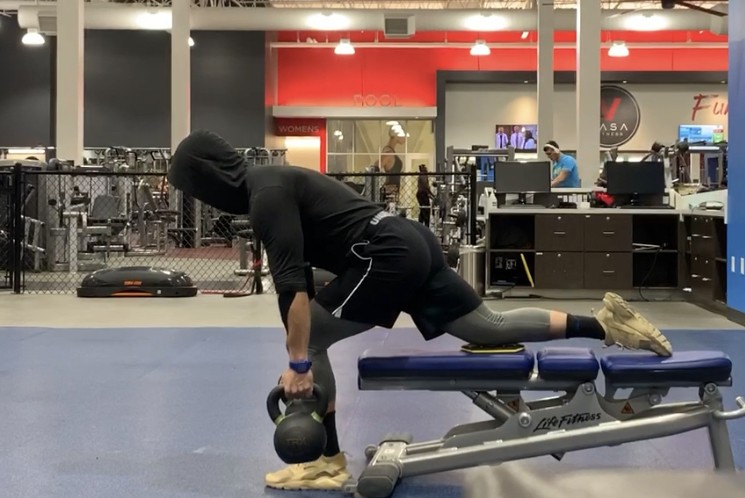In a World of Being “Too Stressed,” the Key is Stressing Yourself More
I know what you’re thinking already…what is up with this title!?
This may seem counterintuitive, but hear me out. Our bodies are made of trillions and trillions of cells. These cells work congruently in a miraculous fashion to create consciousness, movement and adaption: life. It is really remarkable if you take a second to think about it. Our cells have the same genetic makeup of our ancestors, which have replicated and replicated and replicated again over thousands of years of being passed on to create YOU. This is important to illustrate because what sets humans apart from other species is our extraordinary ability to adapt. Our nervous system will take external stimuli, positive or negative, and create an internal change based on those demands.
But in no time in our whole history have the human species had as much comfortability as we have now. We live in temperature-controlled environments where we can have food delivered to us at the touch of a button, requiring very little activity if you’re an average citizen. Insane! However, this convenience does not bode well as far as our ability to handle stress. Our ancestors had to constantly move, fight, forage, and find mates. This is important because our ability to handle stress determines a few things: our quality of life, our mental state (depression), and likelihood of becoming in pain.
Why is this discussion important for our purposes?
Well, its two fold. For one, when we lose our job, have to get surgery, have a stressful homelife, etc., implementing some of the following factors will allow you to adapt and handle these situations better. And secondly, most people end up having pain because of various reasons that could have been easily avoided by imposing positive stressors which I will detail to follow. Aside from trauma or disease, I would argue our ancestors probably had very little musculoskeletal pain. This was because of how active they were and the foods they would eat. Yes, I understand they didn’t live as long, but as far as we are concerned, being pain management specialists, it is important to take the time to reflect on our past and learn why we may be in the position we are in now, whether that's with pain or quality of life decreased or both.
Stressor #1: Exercise
I am obviously biased, but I firmly believe there is no one better thing one can do to their body than exercise. Exercise in itself is an adaptive process; where we stress our bodies through movement and added force. The outcome is building resiliency: in the tissue, in the neuromuscular system, in your mind. The benefits of exercise, not including the obvious cardiovascular and neuromuscular system benefits, are various and almost too many to count at this point: longevity, mental acuity and cognitive benefits, decreased depression, increased hormone sensitivity, decreased blood lipid levels, improved balance, etc.
It is important to note that exercise is PLANNED and has INTENT. This is quite different from being physically active. You can have an active job, or get a lot of steps per day, but that’s not where we get the most benefit. And once again, as we stated earlier, this is purely convenient and you're not purposely putting yourself in a not-so-optimal environment to adapt. Although being physically active throughout the day is better than being sedentary, you would be honestly amazed at how little exercise you need to be conducting to see how much of a long term benefit it will give you. These positive adaptations, from even minimal exercise sessions, have an effect on our susceptibility to pain and ability to recover from it.
There are simply too many benefits of this stressor to not be planning exercise sessions.
In a blog to follow, I will detail Part 2 in which we will divulge other stressors that can and will have a positive impact on your life!
About the author
Dr. Sam Reals’ empathy for people in pain motivates him to learn the most up-to-date treatment standards and rehab protocols, encouraging patients to incorporate exercise long after their care plan has concluded. Dr. Sam Reals believes it is only through exercise that people can unlock their true potential and increase longevity to a happy, fulfilling life.
